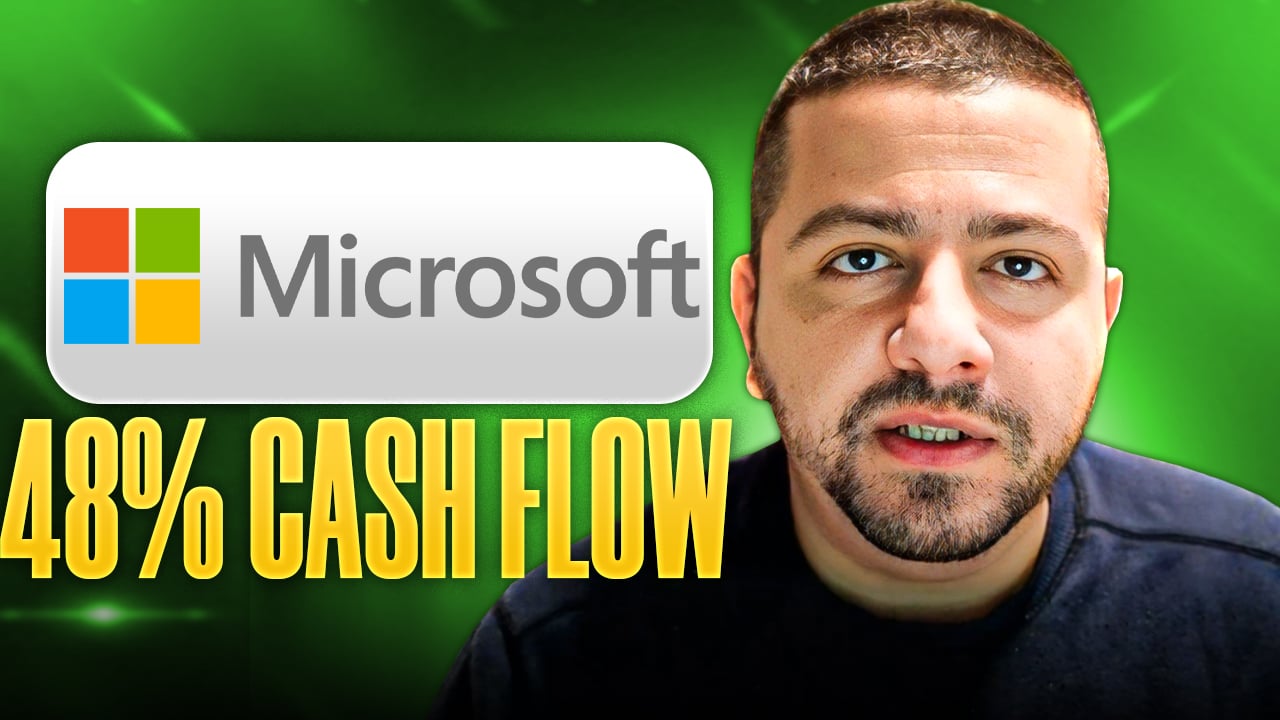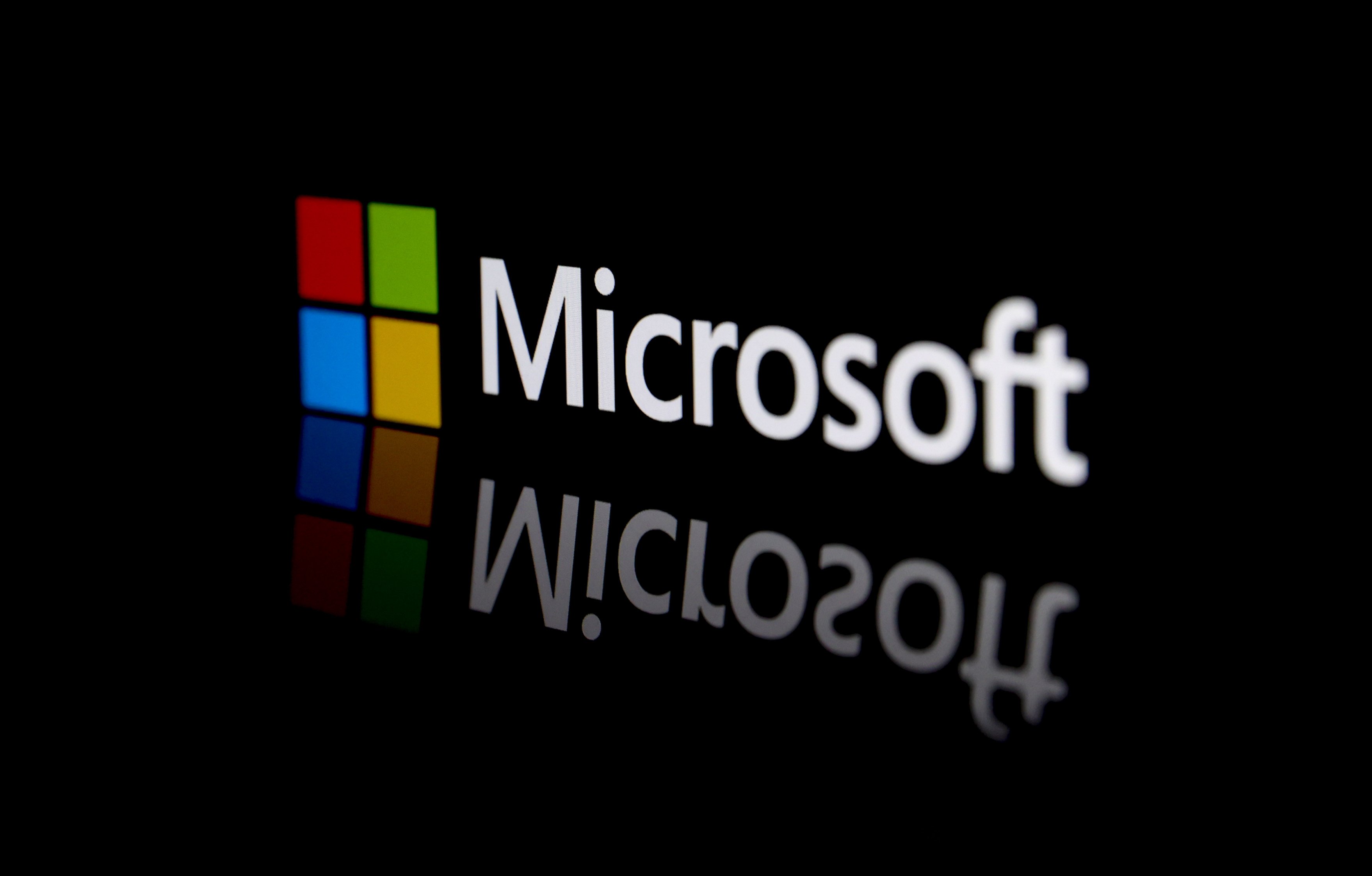
Source: Xbox.com
There's been a fair amount of dispute as to what Microsoft (MSFT 1.02%) should do with the Xbox brand. The problematic unveiling of the Xbox One and the fact that the console is being outsold by Sony's (SNE +0.15%) PlayStation 4 has increased speculation that Mr. Softy might seek to sell or spin off its chief gaming enterprise. While Xbox is among Microsoft's most popular consumer brands, making an entry into the gaming industry has been very costly. One 2013 report suggested that the Xbox division had lost approximately $3 billion in a 10-year span.
Even before the launch of Xbox One, activist investor firm and current Microsoft Board member ValueAct was pushing for the sale of the company's gaming business. This was followed by comments from company co-founder Paul Allen suggesting that Xbox should be spun off and statements from current VP of Devices (and then-CEO candidate) Stephen Elop indicating he would consider selling the brand.
Now, current CEO Satya Nadella has expressed the company's commitment to Xbox. What does this mean for Microsoft investors?
Nadella isn't nixing Xbox
In a recently distributed email, Satya Nadella once again reaffirmed his company's plans to further develop the Xbox business and brand. The overall message on the platform mirrors comments that the CEO made in May at the Re/code conference. The need to reiterate this stance comes as Nadella plans to move away from the devices-and-services model that had been championed by previous CEO Steve Ballmer.
While the company appears to be sticking with the Xbox business, it is otherwise pursuing a future that is more focused on cloud and mobile technologies. Nadella's comments also suggest that the Xbox brand may be increasingly integrated with mobile platforms.
Will Xbox soon be a mobile platform?
In his letter to Microsoft employees, the CEO wrote, "The single biggest digital life category, measured in both time and money spent, in a mobile-first world is gaming. We are fortunate to have Xbox in our family to go after this opportunity with unique and bold innovation." These statements indicate that the company sees Xbox as an avenue to a greater share of the mobile gaming market, an exciting prospect given the company's shifting direction.
Is Nadella right to stick with Xbox?
The comparatively low margins that Microsoft generates from Xbox have been put forth as a reason why the company should spin off or sell the business, but Nadella is correct in citing value in the brand and wise to mine its untapped potentials going forward. Much of the negativity surrounding Xbox is tied to the public relations disaster created by the initial product vision for Xbox One, but these perceptions can be mostly erased with time.
At the tail end of the last console cycle, one of the biggest stories in gaming was the incredible revenues generated by Microsoft's Xbox Live platform even as hardware and software sales lagged. Sony clearly took notice, and modeled its PlayStation Plus subscription service after its competitor's online system.
Additionally, many analysts and developers pegged the Xbox One as the surefire favorite to win the next console race. With reports suggesting that PS4 has doubled the One's installed base, however, it's not playing out that way so far. Still, Microsoft has done a commendable job of quickly bringing its product in line with the demands of the market. It's unlikely that the Xbox One will outsell the PS4 globally, but the console should be able to build a healthy user base in America and Europe.
Confidence in Nadella is good for Microsoft and investors
Proponents of selling or spinning off the Xbox brand may be less than thrilled about Nadella's commitment to the gaming business, but there appears to be widespread support for the new CEO and his broader vision. ValueAct even cheered his appointment back in February. While internal dispute about the Xbox business is not likely to subside entirely, it should be less visible.
Even if Microsoft were to part with Xbox at some point, the beginning of a hardware cycle is not the time to have such a move discussed publicly. Regardless of whether it eventually separates from its gaming business, taking a visible and affirmative position on the brand at present is good for the company and investors.
Foolish final thoughts
Gaming makes up an increasing portion of Microsoft's business, and sticking with what it has built is good sense for the time being. The company's last fiscal report saw approximately 9% of Microsoft's revenue generated from Xbox business. With the launch of Xbox One, it's likely that this share will be higher when the company releases its report for the recently concluded fiscal year.
Even if dedicated consoles are supplanted by mobile devices, set-top boxes, and smart TVs, there is value in the Xbox brand, as well as the associated development resources and IPs. With competitors like Apple, Google, and Amazon aiming to play a bigger role in gaming, rushing to get out would be a questionable move for Microsoft.






